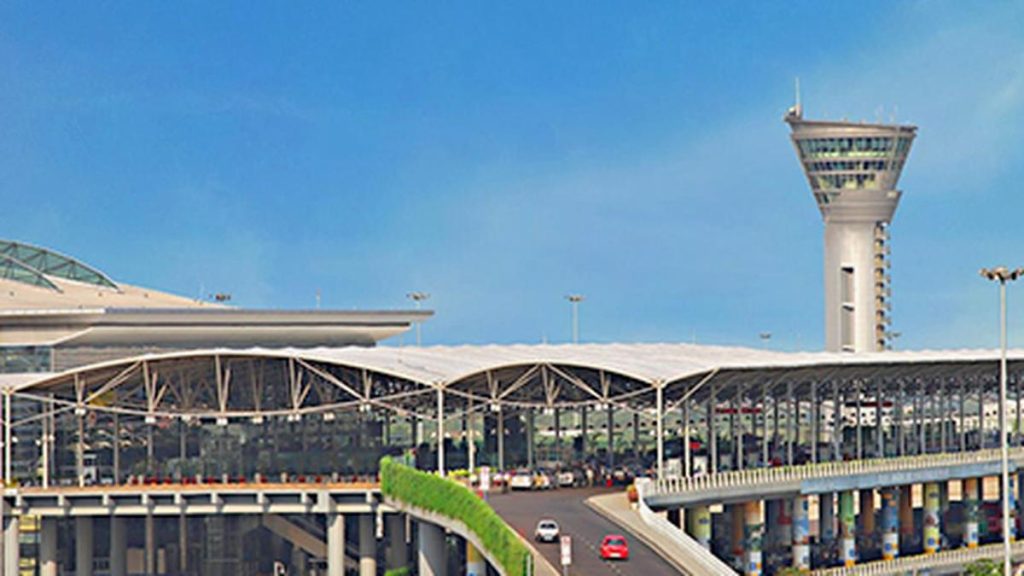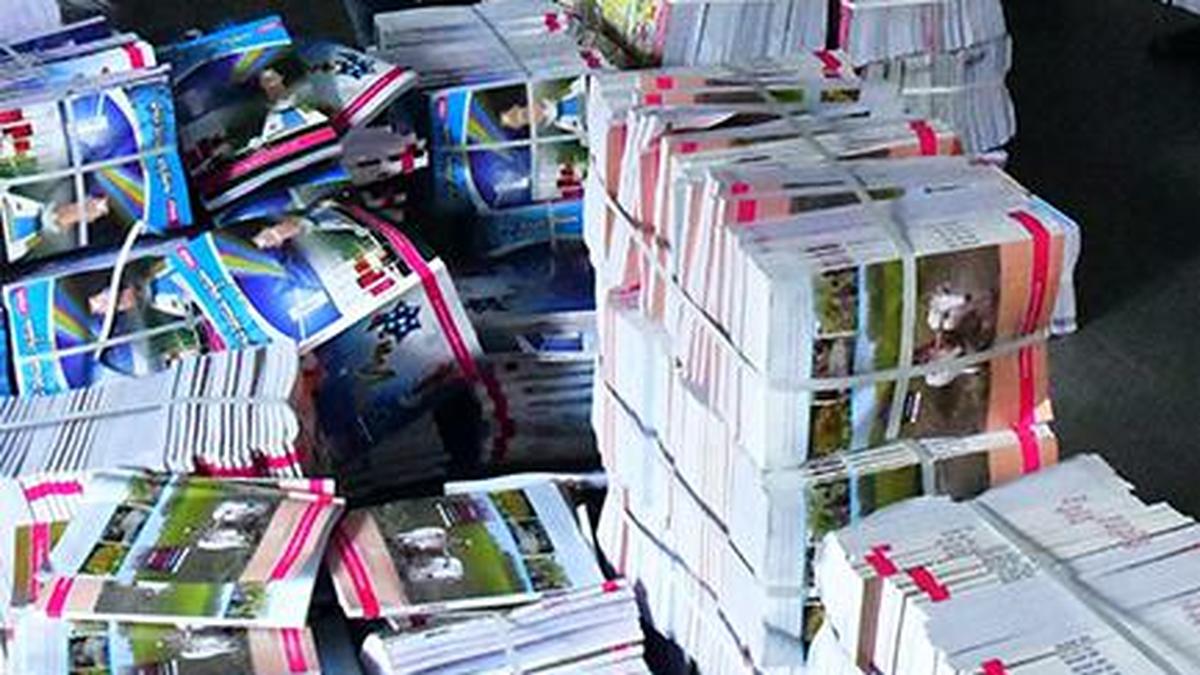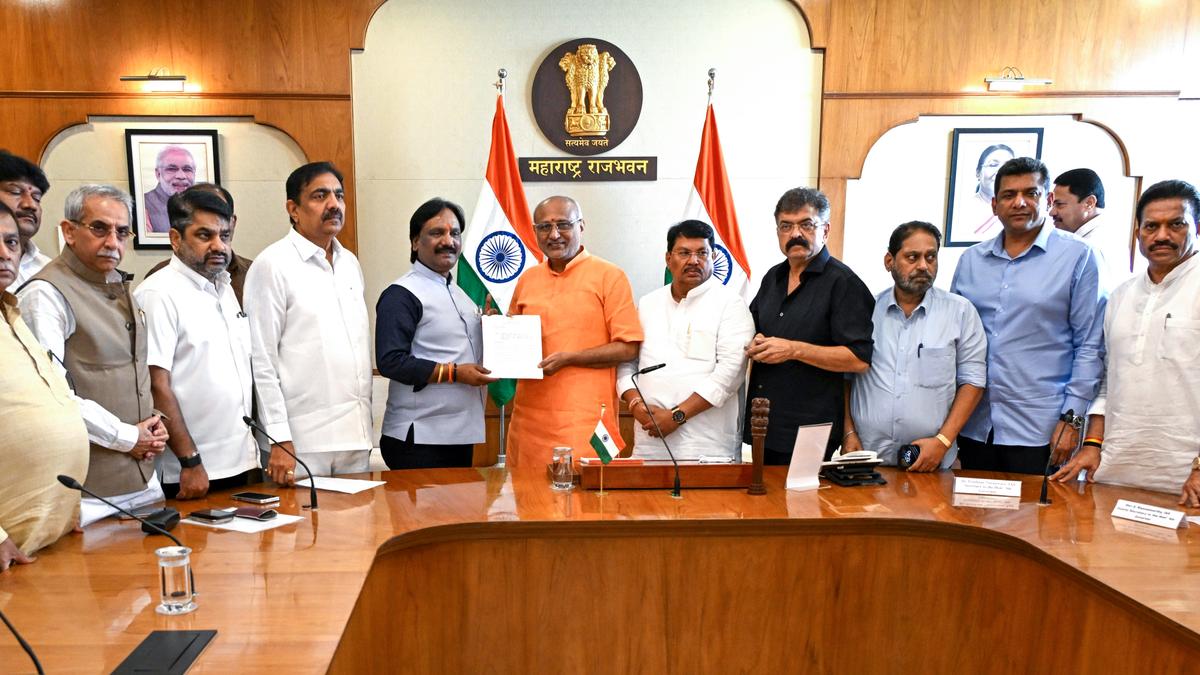Now Reading: Why Did Tablighi Jamaat Members Receive a Clean Chit? Explained
-
01
Why Did Tablighi Jamaat Members Receive a Clean Chit? Explained
Why Did Tablighi Jamaat Members Receive a Clean Chit? Explained
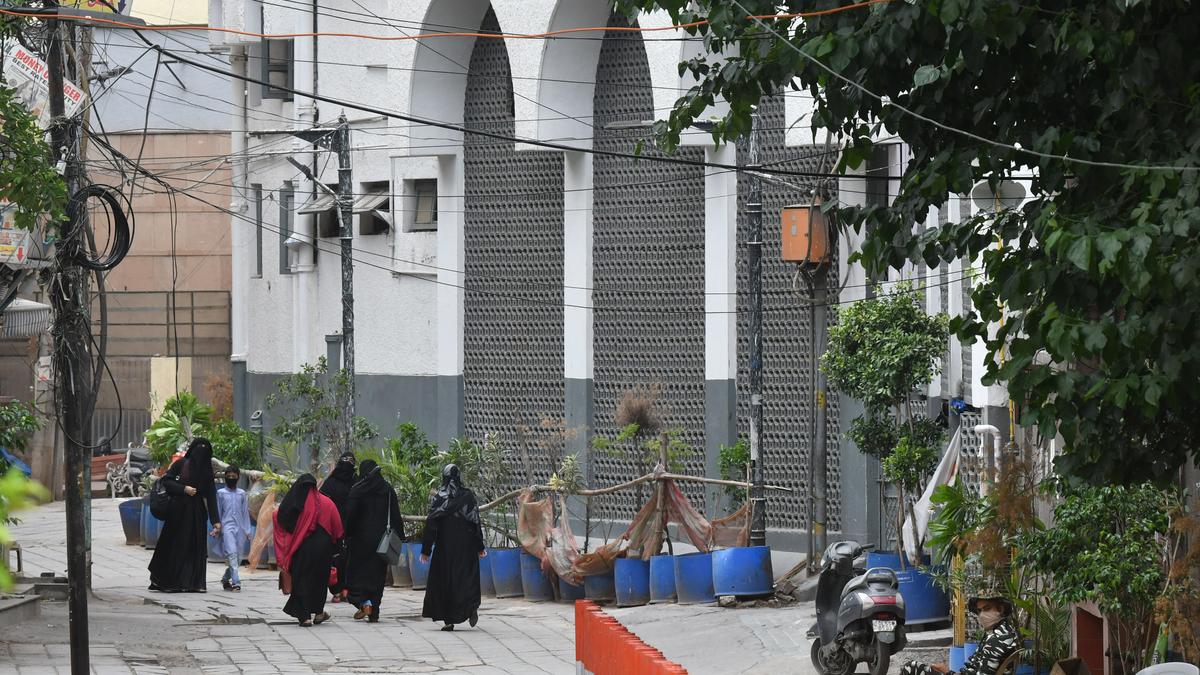
Fast Summary
- Delhi High Court Acquits 70 tablighi Jamaat Members: Last week, the Delhi High Court acquitted 70 members accused of breaching COVID-19 lockdown rules during a religious gathering in Nizamuddin Markaz in March 2020.
- Timeline of Events: The congregation occurred from March 12 to March 15, before restrictions on gatherings above 50 people were implemented by the Delhi government on March 16 and before the nationwide lockdown began on March 24. The event included participants from multiple countries, some unable to leave due to flight suspensions after the lockdown.
- Court Findings: Justice Neena Bansal Krishna stated ther was no evidence proving violations of Section 144 or orders banning gatherings as notifications weren’t properly published. Most attendees had left before restrictions took effect; those remaining were unable to disperse due to travel limitations under lockdown regulations.
- Previous Legal Outcomes: Earlier acquittals in similar cases included eight foreign nationals (August 2020) and another group of 36 foreigners (December).
- Role of Media Criticism: During this period, media outlets heavily blamed Tablighi Jamaat for spreading COVID-19, using terms like “Corona Jehad” and “Corona Terrorism.” Fake videos circulated accusing members of deliberate acts aimed at worsening the pandemic.
Indian Opinion Analysis
The Delhi High Court’s ruling underscores meaningful gaps in dialog and procedural implementation during India’s initial COVID crisis management efforts. By citing improper publication of bans under Section 144 and insufficient evidence linking accused individuals directly with violations or COVID transmission claims, it highlights overreach in enforcing laws during emergencies-a crucial learning point for future governance frameworks.
Media coverage surrounding Tablighi Jamaat reveals troubling trends regarding misinformation and communal narrative building amid societal panic. These set hazardous precedents for stigmatizing specific communities without substantive proof-a challenge India must address as it strives toward balanced reportage rooted in fact-based accountability.
More broadly,this case reaffirms principles of judicial fairness even amidst heightened political or public pressure during national crises-an essential safeguard protecting individual liberties while managing public health priorities.
For more information: Read More


